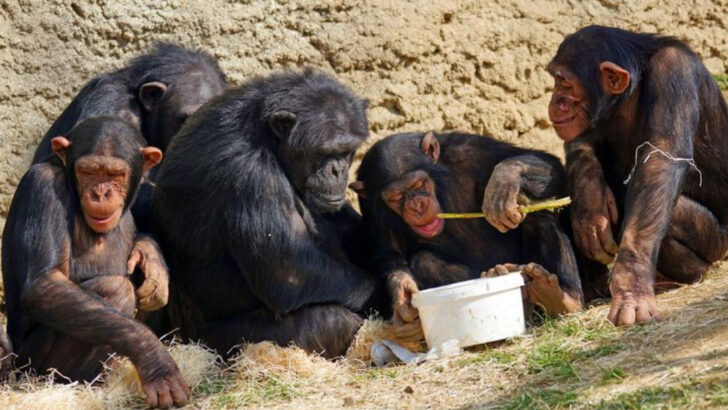Think humans are the only brainiacs on the planet? Think again.
Some animals are out here solving puzzles, cracking codes, and even recognizing themselves in mirrors—all without a smartphone.
And no, dolphins don’t always steal the spotlight.
From birds that can count to octopuses that pick locks like underwater escape artists, the animal kingdom is packed with genius minds in fur, feathers, and scales.
They don’t need degrees. They’ve got instincts, memory, and reasoning skills that would make a quiz show contestant sweat.
These aren’t just party tricks—these tests reveal problem-solving, empathy, even planning for the future.
Get ready to question everything you thought you knew about animal smarts.
And prepare for a few surprises along the way…
Because the smartest animal in the room might not be who you think.
African Grey Parrot
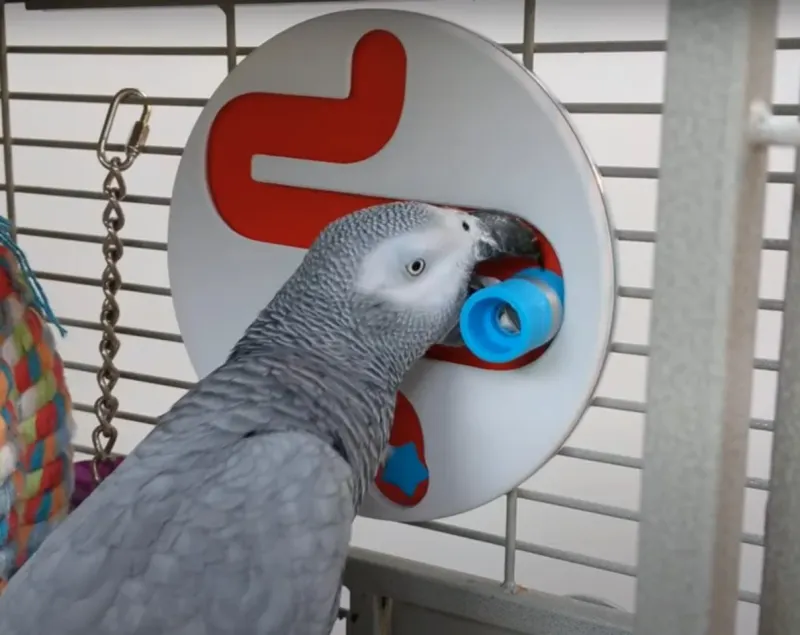
Meet the African Grey Parrot, a bird renowned for its remarkable cognitive abilities. Known for their intelligence, these parrots can mimic human speech and solve puzzles with ease. One famous African Grey, named Alex, could count, identify colors and shapes, and even express emotions. Rather than simply mimicking sounds, they understand the context, demonstrating a level of comprehension that astounds researchers.
Their social nature and problem-solving skills make them a prime subject for intelligence tests. In labs, they outperform many other species, using logic and memory to complete tasks. Truly, their mental prowess is a testament to avian intelligence.
Octopus
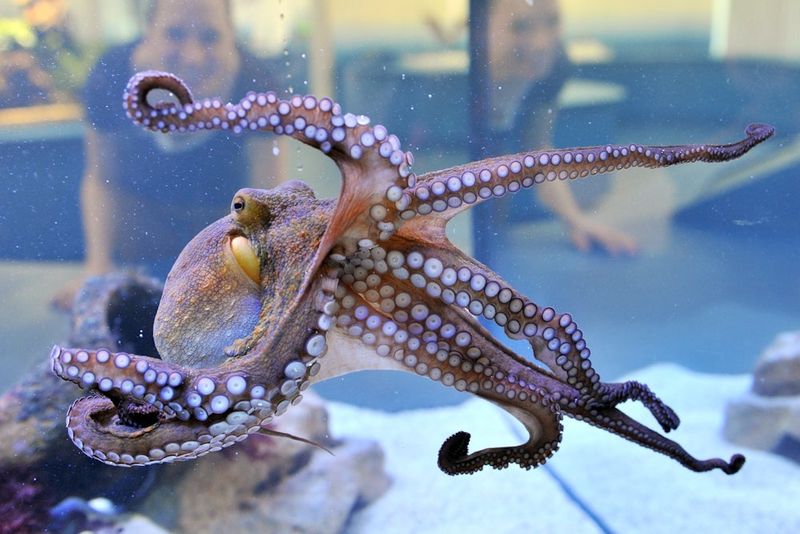
The octopus, with its alien-like appearance and eight dexterous arms, is a marine marvel. Known for their problem-solving capabilities, octopuses can navigate mazes, open jars, and even use tools. Their ability to escape enclosures and remember solutions showcases their extraordinary memory and spatial awareness.
In experiments, octopuses have been observed mimicking others’ behavior, indicating social learning abilities. Their intelligence is not just instinctual but adaptable, allowing them to interact with their environment creatively. This cephalopod’s brainpower continues to intrigue scientists, proving that intelligence isn’t restricted to mammals.
Elephant
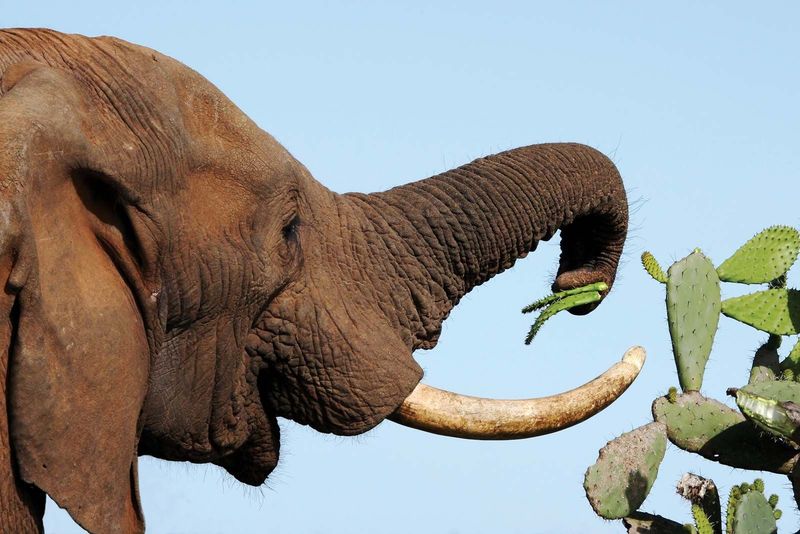
Elephants, with their immense size, also possess equally impressive brains. Known for their emotional intelligence, elephants demonstrate empathy, grief, and even altruism. In intelligence tests, they show an understanding of human gestures and can solve problems collaboratively.
One well-documented behavior is their ability to use tools, such as sticks to scratch themselves or leaves to swat flies. Their memory is legendary, often recalling distant water sources or family members after many years. Elephants’ cognitive abilities and deep social bonds highlight their place among the most intelligent land animals.
Chimpanzee
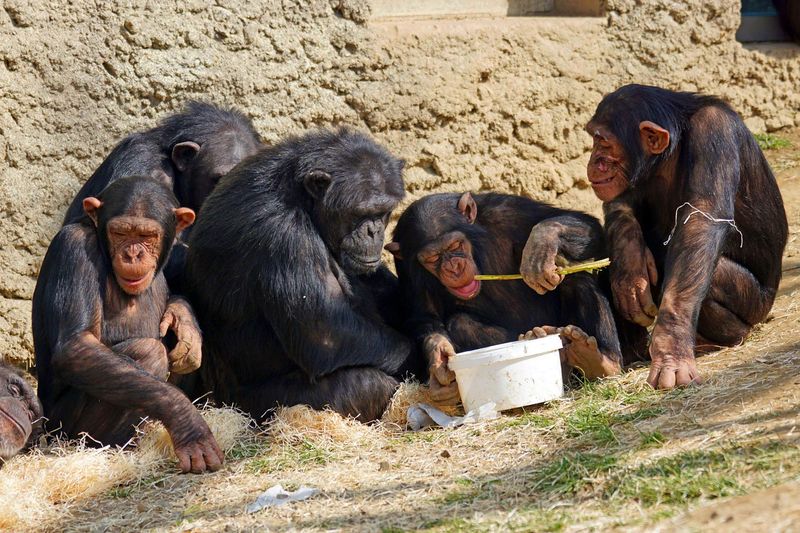
Chimpanzees, our closest living relatives, share many cognitive traits with humans. They use tools, display emotions, and possess complex communication systems. In intelligence tests, chimpanzees have outperformed humans in memory tasks, particularly in recalling number sequences.
Their ability to learn sign language and exhibit self-awareness in mirrors further showcases their cognitive depth. Chimpanzees live in dynamic social structures, allowing them to learn and teach through observation and imitation. These primates continue to provide insight into the evolution of intelligence and the shared ancestry of humans and apes.
Raven
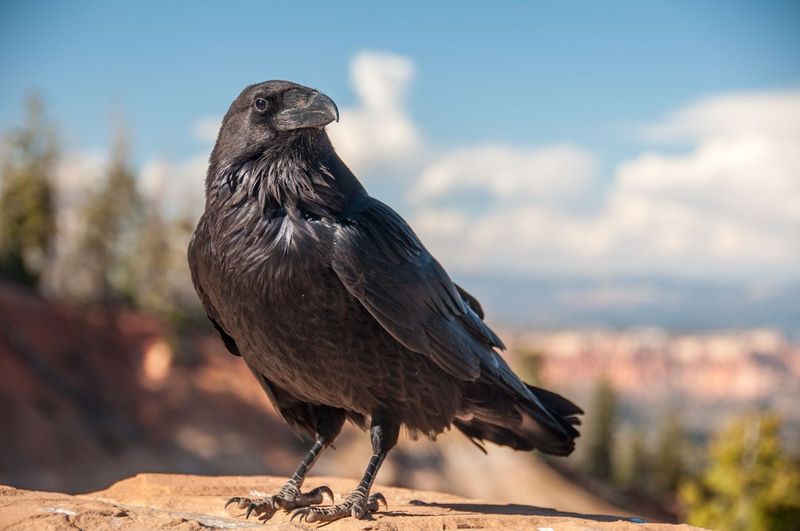
Ravens, the mysterious black birds of lore, are celebrated for their cleverness. These birds can solve complex puzzles, demonstrating planning and foresight. In experiments, ravens have been seen using tools, such as sticks, to retrieve food from hard-to-reach places.
Their understanding of cause and effect, as well as their ability to plan for future events, mirrors human-like thought processes. Ravens’ social intelligence is equally impressive, as they engage in elaborate communication and deception. Their cognitive skills and adaptability have made them iconic symbols of intelligence throughout history.
Dolphin
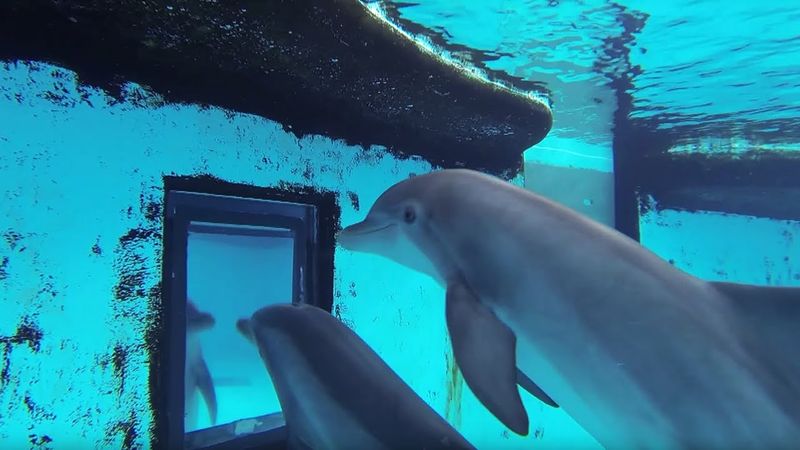
Dolphins, aquatic mammals known for their playful nature, possess remarkable intelligence. They are capable of complex problem-solving and exhibit sophisticated communication skills. In intelligence tests, dolphins demonstrate self-awareness, often recognizing themselves in mirrors.
Their social structures are intricate, allowing for cooperation and cultural learning. Dolphins use echolocation to navigate and hunt, showcasing spatial intelligence. Their ability to understand abstract concepts and follow instructions makes them a favorite among researchers. These marine mammals continue to amaze with their cognitive capabilities, proving their intelligence rivals that of land animals.
Dog

Dogs, man’s best friend, are celebrated for their loyalty and intelligence. Certain breeds, like the Border Collie, excel in intelligence tests, often outperforming other domesticated animals. Dogs can learn commands, understand human gestures, and even interpret emotions.
In experiments, some dogs have demonstrated the ability to understand over a hundred words, showcasing their linguistic capabilities. Their problem-solving skills, particularly in working breeds, highlight their adaptability. Beyond tasks, dogs form strong bonds with humans, indicating a deep emotional intelligence. Their cognitive abilities and companionship make them indispensable to many households.
Pigeon

Often underestimated, pigeons have demonstrated surprising cognitive abilities in scientific studies. These urban birds can recognize themselves in mirrors, understand abstract concepts, and even differentiate between artistic styles. In one landmark study, pigeons were able to categorize images, a task requiring high-level processing.
Their navigation skills are legendary, relying on Earth’s magnetic fields and visual landmarks. Pigeons’ intelligence extends to social interactions, as they can remember human faces and recognize individual birds. Their cognitive prowess, adaptability, and resilience have allowed them to thrive in diverse environments, challenging our assumptions about avian intelligence.
Rat

Rats, often maligned in popular culture, are lauded in scientific communities for their intelligence. These rodents excel in maze tests, showcasing their memory and problem-solving capabilities. Their ability to learn and adapt quickly makes them ideal subjects for behavioral studies.
In experiments, rats can discern patterns and even display empathy towards their peers. Their social intelligence is evident in their dynamic hierarchies and cooperative behaviors. Despite their size, rats’ cognitive abilities have provided insight into mammalian brain function and continue to aid medical research.
Orangutan
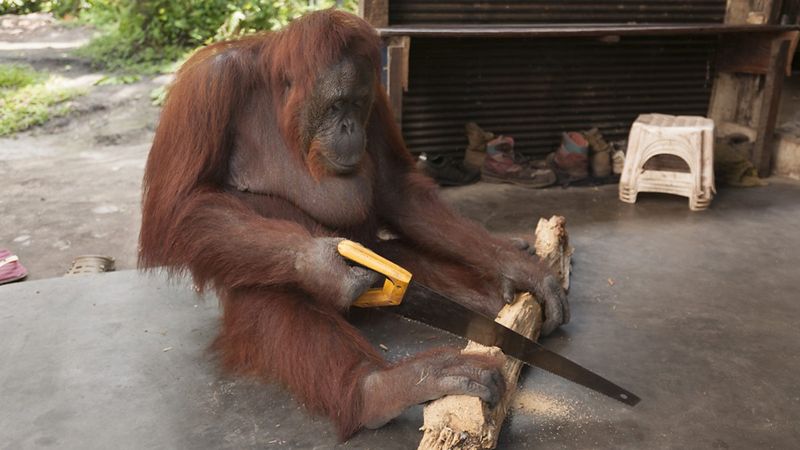
Orangutans, with their gentle gaze and striking orange fur, are among the most intelligent primates. Known for their problem-solving skills, they use tools to access food and navigate their environment. In captive settings, orangutans have been observed imitating human behaviors and even learning simple tasks.
Their intelligence is complemented by their ability to plan and exhibit foresight, often seen in their complex nest-building techniques. Orangutans’ cognitive abilities highlight the evolutionary parallels with humans, offering a glimpse into the minds of our distant relatives.
Crows
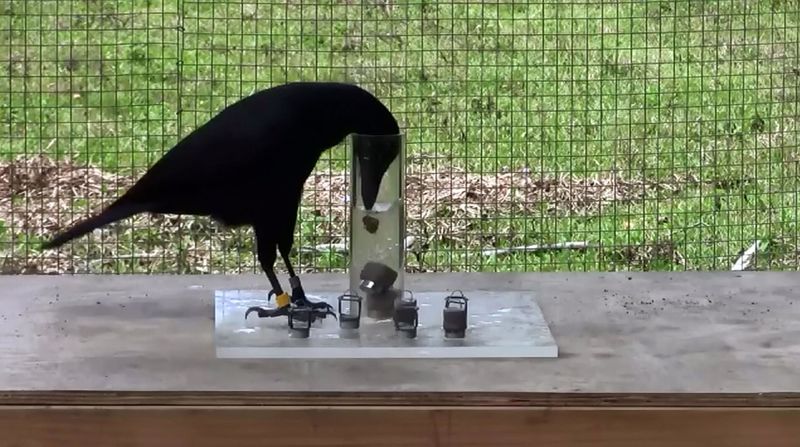
Crows, members of the corvid family, are renowned for their problem-solving prowess. They can create and use tools, remember human faces, and even hold grudges. In laboratory settings, crows solve multi-step puzzles, indicating advanced cognitive processes.
Their social intelligence is evident in their ability to communicate complex ideas, often observed in their vocalizations and interactions. Crows’ intelligence extends to their adaptability, thriving in urban environments alongside humans. Their cleverness is a testament to the diverse manifestations of intelligence in the animal kingdom.
Orca
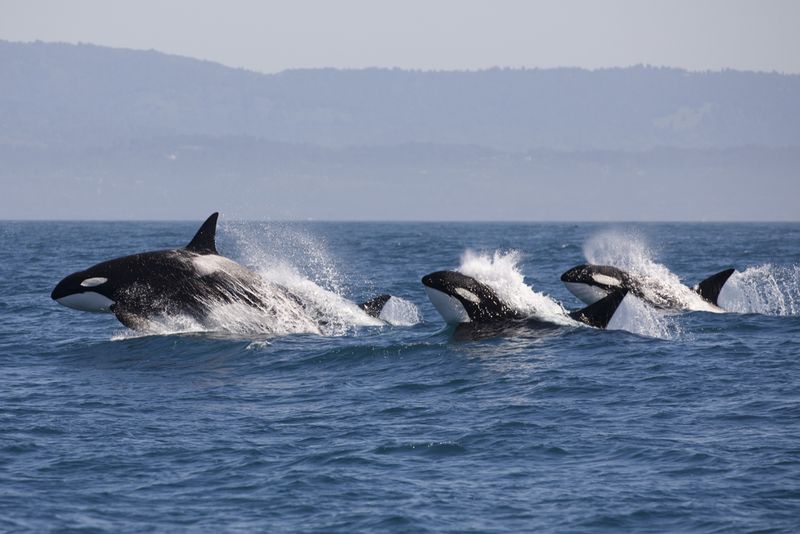
Orcas, or killer whales, are apex predators with a sophisticated level of intelligence. Living in tight-knit pods, they demonstrate strong social bonds and cooperative hunting techniques. In intelligence tests, orcas have shown the ability to mimic human actions and solve problems collaboratively.
Their communication skills are intricate, with unique vocalizations among different pods. Orcas’ capacity for cultural learning is evident in their transmission of hunting strategies across generations. Their cognitive abilities, combined with their majestic presence, have earned them a reputation as one of the ocean’s most intelligent inhabitants.

